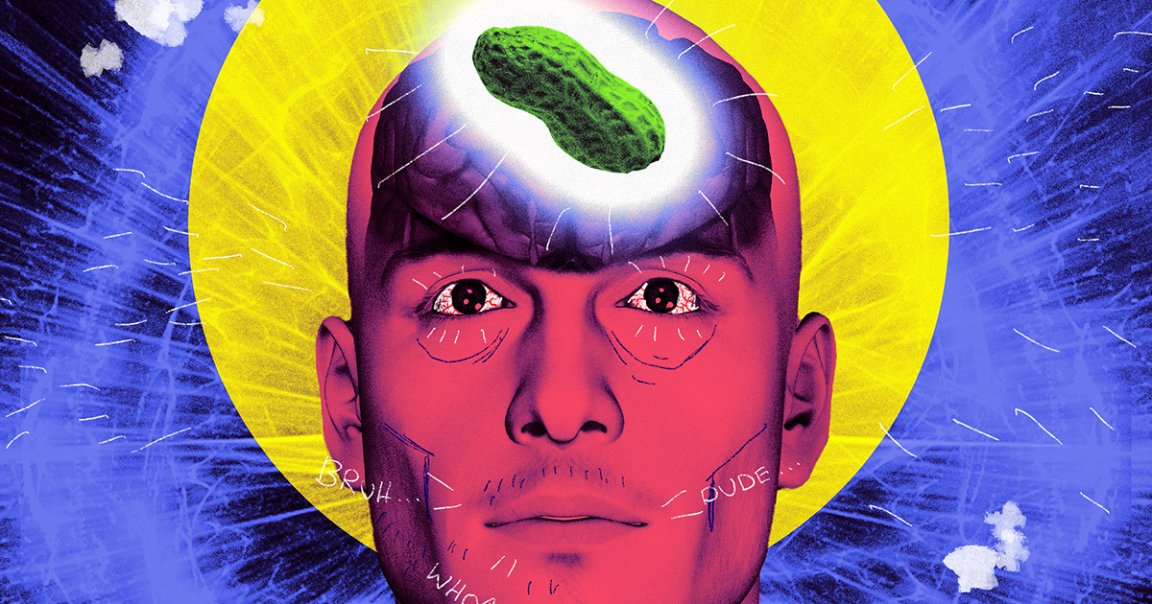
Brain Power
Trusting artificial intelligence over the real thing seems, per a new study, to be atrophying folks’ critical thinking skills.
As flagged by the folks at 404 Media, new research from Carnegie Mellon and Microsoft — yes, the same company that invested nearly $14 billion into OpenAI and is essentially subsidizing the ChatGPT maker — suggests that the more people use AI, to less critical thinking they do.
“Used improperly, technologies can and do result in the deterioration of cognitive faculties that ought to be preserved,” the researchers wrote in the paper. “A key irony of automation is that by mechanising routine tasks and leaving exception-handling to the human user, you deprive the user of the routine opportunities to practice their judgement and strengthen their cognitive musculature, leaving them atrophied and unprepared when the exceptions do arise.”
The research team surveyed 319 “knowledge workers” — basically, folks who solve problems for work, though definitions vary — about their experiences using generative AI products in the workplace.
From social workers to people who write code for a living, the professionals surveyed were all asked to share three real-life examples of when they used AI tools at work and how much critical thinking they did when executing those tasks. In total, more than 900 examples of AI use at work were shared with the researchers.
The findings from those examples were striking: overall, those who trusted the accuracy of the AI tools found themselves thinking less critically, while those who trusted the tech less used more critical thought when going back over AI outputs.
“The data shows a shift in cognitive effort as knowledge workers increasingly move from task execution to oversight when using GenAI,” the researchers wrote. “Surprisingly, while AI can improve efficiency, it may also reduce critical engagement, particularly in routine or lower-stakes tasks in which users simply rely on AI, raising concerns about long-term reliance and diminished independent problem-solving.”
This isn’t enormously surprising. Something we’ve observed in many domains, from self-driving vehicles to scrutinizing news articles produced by AI, is that humans quickly go on autopilot when they’re supposed to be overseeing an automated system, often allowing mistakes to slip past.
The use of AI also appeared to hinder creativity, the researchers found, with workers using AI tools producing a “less diverse set of outcomes for the same task” compared to people relying on their own cognitive abilities.
As the scientists behind the study point out, there have long been concerns about “offloading” cognitive tasks to new technologies. From calculators to GPS maps, many new technologies have aided everyday tasks by taking out the legwork — but this time, if the boosters are to be believed, we just might end up replacing ourselves entirely.
More on AI and its effects: CEO Who Bragged About Replacing Workers With AI Now Distressed That AI Will Replace His Job Too